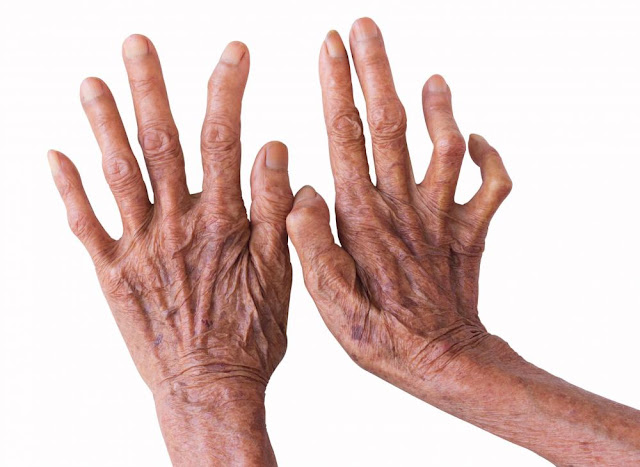Leprosy Treatment Is Determined By the Disease's Stage and Severity
Leprosy, also known as Hansen's disease, is a chronic infectious disease caused by the bacteria Mycobacterium leprae. It primarily affects the skin, nerves, and mucous membranes of the respiratory tract. The disease is curable, and treatment is essential to prevent disability and further transmission.
The treatment for leprosy depends on the stage and severity of the disease. There are two types of leprosy: paucibacillary (PB) and multibacillary (MB). PB leprosy is a milder form of the disease, with fewer bacteria present, and is treated with a combination of two antibiotics, rifampicin and dapsone, for six months. MB leprosy is a more severe form of the disease, with a higher bacterial load, and requires a more extended and intensive treatment regimen, typically involving three antibiotics: rifampicin, dapsone, and clofazimine.
According to Coherent Market Insights the Leprosy Treatment Market Global Industry Insights, Trends, Outlook, and Opportunity Analysis, 2022-2028.
The World Health Organization (WHO) recommends a multidrug therapy (MDT) for the treatment of leprosy. MDT involves a combination of antibiotics, which is effective in killing the bacteria that cause the disease. The WHO-recommended MDT regimen for PB leprosy is a six-month course of rifampicin and dapsone, while the regimen for MB leprosy is a 12-month course of rifampicin, dapsone, and clofazimine. The drugs are provided free of charge by the WHO to all patients diagnosed with leprosy.
In addition to antibiotics, other Leprosy Treatment may be necessary to manage the complications of leprosy. For example, people with leprosy may develop nerve damage, which can cause paralysis, loss of sensation, and muscle weakness. In such cases, physiotherapy and surgery may be required to improve mobility and function. It is essential to start treatment for leprosy as soon as possible to prevent the progression of the disease and the development of disability. The earlier the treatment, the better the chances of a full recovery. The WHO recommends that treatment for leprosy should be started as soon as the diagnosis is confirmed, and treatment should be continued until the bacteria are completely eliminated.
It is also important to follow the treatment regimen strictly as prescribed. Skipping doses or not completing the full course of antibiotics can lead to the development of drug-resistant strains of the bacteria, which are much more challenging to treat. Patients should be educated about the importance of adherence to treatment and the potential consequences of non-compliance.



.jpg)
Comments
Post a Comment